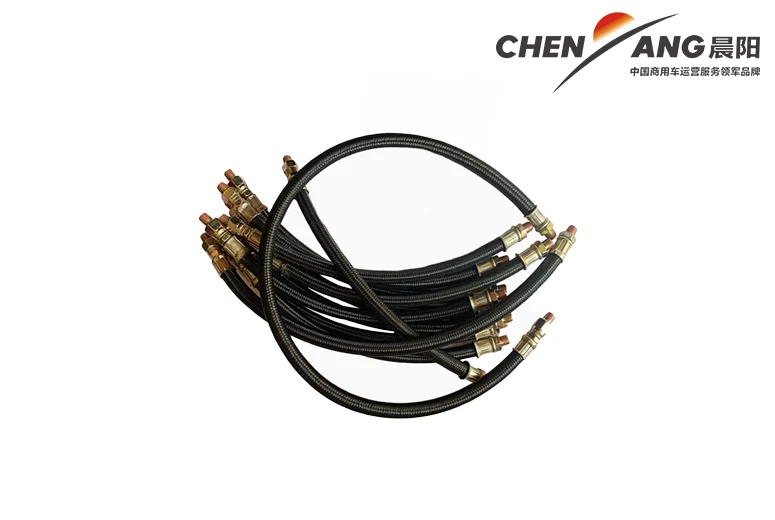titanium dioxide factories
Titanium dioxide, a versatile and widely used material, finds its application in various industries including the rubber industry
. This white pigment is known for its excellent UV resistance, durability, and opacity, making it an ideal choice for enhancing the properties of rubber products.
The Transformative Power of TIO2 in Industrial Facilities
FAQ
Q1. Can I have a sample order for Titanum Dioxide?
A: Yes, We can express you 500 grams of samples, free of charge. And the quality is subject to the sample.
Q2. What about the lead time?
A: Within 15days after receiving the payment
Q3. Do you have any MOQ limit for Titanium Dioxidde?
A: 5MT
Q4. Is it OK to print my logo on the Titanium Dioxide Packing bag?
A: Yes. Please inform us formally before our production and confirm the design LOGO firstly.
Q5: What's the payment term?
A: T/T or L/C at sight
Q1. Can I have a sample order for Titanum Dioxide?
A: Yes, We can express you 500 grams of samples, free of charge. And the quality is subject to the sample.
Q2. What about the lead time?
A: Within 15days after receiving the payment
Q3. Do you have any MOQ limit for Titanium Dioxidde?
A: 5MT
Q4. Is it OK to print my logo on the Titanium Dioxide Packing bag?
A: Yes. Please inform us formally before our production and confirm the design LOGO firstly.
Q5: What's the payment term?
A: T/T or L/C at sight




